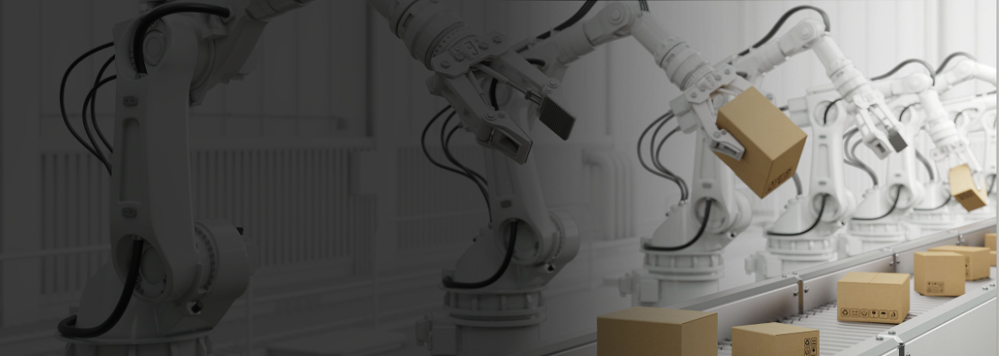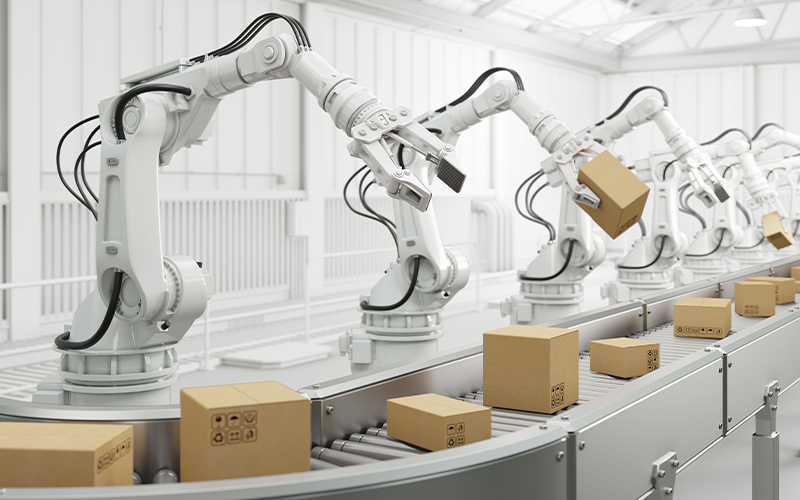Evolving technology is reshaping every facet of business, and procurement has become one of the key focus areas in this transformation. Innovations in blockchain, robotics, and cloud computing are not just enhancing operations but revolutionising them. Evolving artificial intelligence trends are playing a pivotal role in redefining efficiency and decision-making, with the global AI in procurement market set to grow at a steady CAGR. It is clear that the future of AI in procurement is redefining innovation and rewriting the rules of strategic sourcing.
The current state of AI in procurement
Modern organisations leverage advanced digital and AI tools to elevate their procurement processes. Cutting-edge technologies like machine learning, natural language processing, robotic process automation, and predictive analytics are driving current transformations in procurement, with use cases like:
Spend analysis
AI technologies facilitate real-time spend analysis, dissecting vast data sets to pinpoint hidden inefficiencies. Machine learning algorithms can also uncover cost-saving opportunities, allowing businesses to optimise budgets and streamline expenditures.
Supplier risk and relationship management
Advanced tools empower procurement teams to assess vendor performance, evaluate supplier reliability, and mitigate risks. Leveraging AI in procurement, organisations gain access to insights that drive informed supplier selection and stronger, data-driven partnerships.
Automated contract lifecycle management
Embracing AI for automation, companies now automate contract creation, monitoring, and compliance. AI-driven platforms not only reduce manual errors and expedite negotiation processes but also ensure teams can focus on strategic initiatives rather than routine tasks, ultimately refining the overall procurement process.
Future of AI in procurement
The evolving landscape of the future of AI is set to transform procurement from a narrow, task-based approach to a holistic, autonomous strategic sourcing model. Harnessing the following artificial intelligence trends, organisations can drive agility, resilience, and significant value creation in their procurement processes.
Leveraging predictive demand forecasting
AI-powered predictive analytics have significantly enhanced demand forecasting capabilities. By analysing historical data and market indicators, organisations can ensure proactive inventory management and mitigate supply chain disruptions for agile decision-making and precise resource allocation.
Going beyond routine automation
The future of AI in procurement is empowering a shift from basic process automation to cognitive procurement and decision support. Advanced AI systems are learning continuously, offering real-time strategic insights and delivering intelligent sourcing recommendations that foster a culture of continuous improvement and strategic agility.
Securing data with advanced integration
Integrating AI with blockchain and IoT can help bolster data security and transparency in procurement. This not only helps build robust procurement processes but also builds trust among stakeholders. These technologies can help businesses create immutable records and facilitate real-time monitoring, ensuring robust data integrity and operational resilience.
Harnessing enhanced supplier intelligence
Modern AI solutions can delve into unstructured textual data – analysing news, social media posts, and customer feedback – to ensure comprehensive vendor evaluation. This refines supplier risk management and enhances market intelligence, ensuring that organisations make data-driven supplier selections in today's dynamic environment.
Streamlining contract oversight
AI in procurement also has the potential to further automate contract management by incorporating natural language understanding and real-time compliance checks. Organisations can leverage seamless oversight and faster response times, turning contract management into a proactive rather than reactive function.
Ensuring rigorous compliance management
AI in procurement is also set to revolutionise compliance by facilitating continuous monitoring of regulatory changes and evaluating alignment with internal policies. These systems can instantly flag potential breaches, ensuring organisations maintain high standards of risk management. Such enhanced compliance can not only save time but also build a resilient operational framework.
Infosys BPM brings technological and domain expertise to help businesses implement these cutting-edge AI solutions in procurement. With a procurement framework that integrates operations, value, and strategy, businesses can leverage advanced AI solutions within their procurement processes. Leveraging a design thinking approach, AI-led automation, and future-ready AI solutions, companies can transform operational challenges in procurement management into strategic opportunities.
Implementing AI in procurement processes: Benefits and challenges
Integrating AI into procurement processes is not without challenges. Key hurdles businesses must be mindful of when exploring the future of AI in procurement management include:
- Data silos and inconsistent data quality can hinder effectiveness.
- Complexities when integrating with legacy systems can slow progress.
- A notable skill gap can restrict full utilisation.
- Resistance to change can stall adoption.
- Data security and privacy concerns can hamper stakeholder trust.
- High implementation costs can affect ROI.
- AI in procurement projects may face vendor lock-in.
- Ethical considerations may challenge unbiased deployment.
Despite these challenges, the benefits of leveraging AI for automation across supply chain and procurement operations are compelling. Key benefits include:
- Enhanced decision-making drives strategic sourcing.
- Cost optimisation yields significant savings.
- Streamlined processes boost overall efficiency.
- Rigorous compliance improves risk management.
- Superior supplier relationship management strengthens partnerships.
- Robust fraud detection safeguards organisational assets.
Conclusion
AI is transforming procurement into a strategic, agile function, with AI in procurement elevating decision-making and operational excellence. From precise demand forecasting to intelligent supplier management, organisations can benefit from enhanced efficiencies and robust risk controls. Embracing artificial intelligence trends is paving the way for a dynamic, forward-thinking procurement process.









